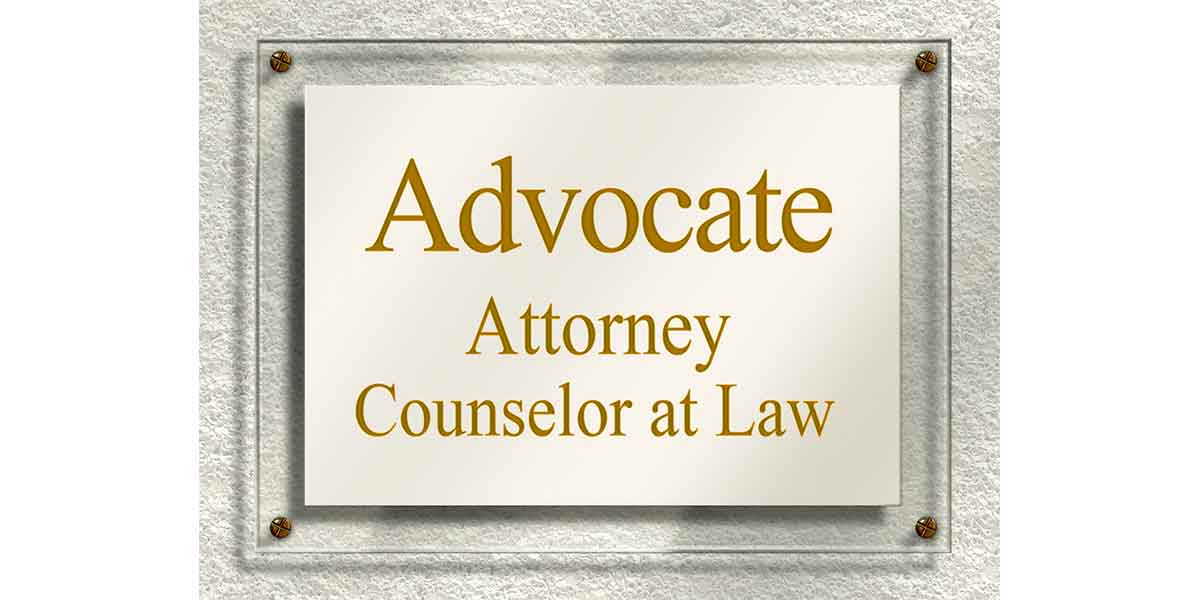It is essential for individuals to have a basic estate plan in place as responsible adults. Estate planning ensures that loved ones are taken care of after one’s passing. Despite its importance, many people overlook estate planning due to the myths and misconceptions surrounding it. Falling prey to these falsehoods can result in family issues. Seeking professional advice and careful planning can dispel these myths and safeguard the financial stability and safety of one’s family.
The Misconception of Estate Planning Only for the Wealthy
There is a common misconception that estate planning is only necessary for the wealthy, and those with smaller estates do not need to consider it. In reality, the size of one’s estate does not determine the need for estate planning. It is a straightforward process that allows individuals to decide who will inherit their assets and manage the distribution of their property. Even young adults with minimal possessions should consider estate planning to secure their future.
Dispelling the Myth of Avoiding Probate in Estate Planning
Probate, often viewed negatively in estate planning, is not always a cumbersome or expensive process. With the assistance of an attorney, the costs of probate can be managed, or a revocable living trust can streamline the process. It is important to understand that probate is necessary to execute the wishes outlined in a will. Without probate, the state’s laws dictate the disposal of the property.
Clarifying the Belief of Government Inheritance Without an Estate Plan
Another misconception is that the government automatically inherits property if one passes away without a trust or will. While there are instances where the state may inherit the estate, it is not a common occurrence. A will allows individuals to dictate the distribution of their property and prevent government intervention. State laws typically align with the owner’s wishes regarding property distribution.
Debunking the Notion of Cost Savings by DIY Estate Planning
Estate planning is not a DIY project, and seeking guidance from a professional advisor is crucial. While some may believe that creating estate planning tools independently can save money, the risks outweigh the benefits. Crafting a will without proper legal counsel can lead to unforeseen costs and complications. It is essential to prioritize the well-being of oneself, family, and possessions over potential savings in attorney fees.
Understanding the Ongoing Nature of Estate Planning
Having an estate plan is not a one-time task; it requires continuous updates to align with changing circumstances and needs. Life changes necessitate adjustments to the estate plan to ensure it remains effective. Whether designating a guardian for a child or including charitable contributions, these decisions should be integrated into the estate plan. Legal changes may also prompt revisions to the estate plan, underscoring the importance of consulting a legal advisor regularly.
Concluding Thoughts
Estate planning is a straightforward process that empowers individuals to secure their family’s future. By dispelling myths and seeking professional guidance, responsible adults can navigate the complexities of estate planning effectively. Succumbing to misinformation only jeopardizes the well-being of loved ones and assets. It is crucial to approach estate planning with clarity and diligence to safeguard one’s legacy.




